Android 15: latest news, rumors, and everything we know so far
When you buy through links on our articles, Future and its syndication partners may earn a commission.

Android 15 – or Vanilla Ice Cream as it’s reportedly codenamed – is finally almost here, as following multiple developer previews and public betas, the Android Open Source Project (AOSP) version has now been rolled out, with the finished version set to land on Pixels in a matter of weeks (as of early September).
And thanks to all these betas and previews we have a very good idea of what to expect in the finished version.
Below, you’ll find all the news and rumors about Android 15, including possible features, plus the predicted release date and the phones that are set to support it. Check back here soon too, because we’ll be updating this article whenever there’s new information about Android 15.
Cut to the chase
What is it? The next major version of Android
When is it out? Sometime in October
How much will it cost? This will be a free update
Android 15: expected release date
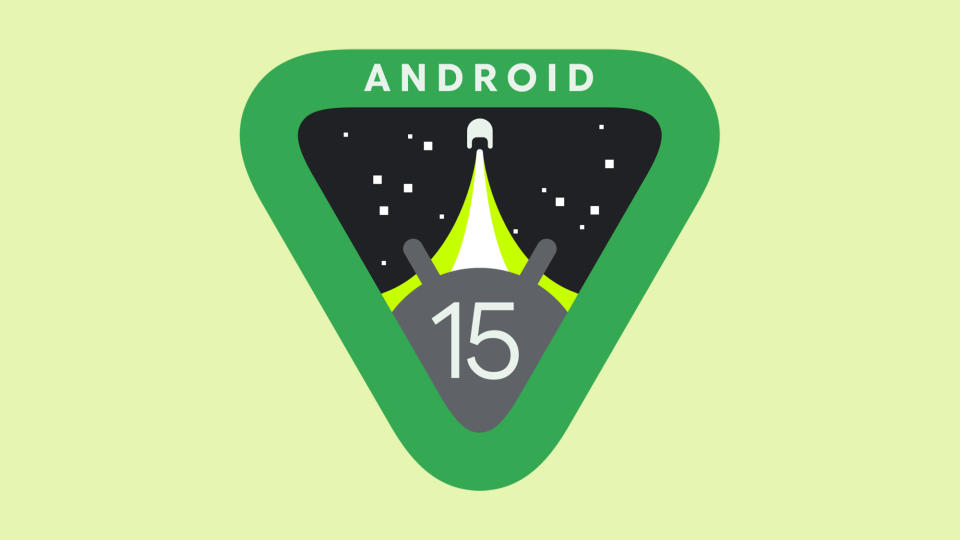
Google has now revealed that the finished version of Android 15 will land in October. It hasn't said when in October, but a leak suggests it might land around the middle of the month.
Since making that announcement, Google has launched the Android Open Source Project (AOSP) version of Android 15, meaning that developers can now make their own changes to it for apps and their own Android forks. And in early September, Google said that Android 15 will launch on Pixels in the "coming weeks", followed by a roll out on other phones "in the coming months."
This timing isn't too surprising, since Android 14 launched properly on October 4, 2023 (as did Android 12 in 2021), though Android 13 landed on August 15, 2022.
In Google's own blog post announcing the first Android 15 developer preview in February, Google's Dave Burke said that the company is "expecting to reach platform stability in June 2024," adding that developers will have "several months before the official release to do final testing."
"Several months" after June could just about mean October, which fits with the now confirmed Android 15 release date window.
Android 15: compatibility
Google's own Pixel phones got access to the first Android 15 previews and betas, but the second tranche of previews and betas were made available across a range of device from Android partners including Lenovo, Nothing, Oppo, Honor and Xiaomi.
Google Pixel phones, then – specifically the Pixel 6, Pixel 6 Pro, Pixel 6a, Pixel 7, Pixel 7 Pro, Pixel 7a, Pixel Fold, Pixel 8, Pixel 8 Pro and Pixel 8a – will likely be the first devices to be made compatible with Android 15 later this year, though Google will no doubt expand Android 15 compatibility to many more devices soon after (more on these below).
There’s also a chance that the Pixel 5a 5G will qualify for Android 15, as that phone is guaranteed software updates until August this year.
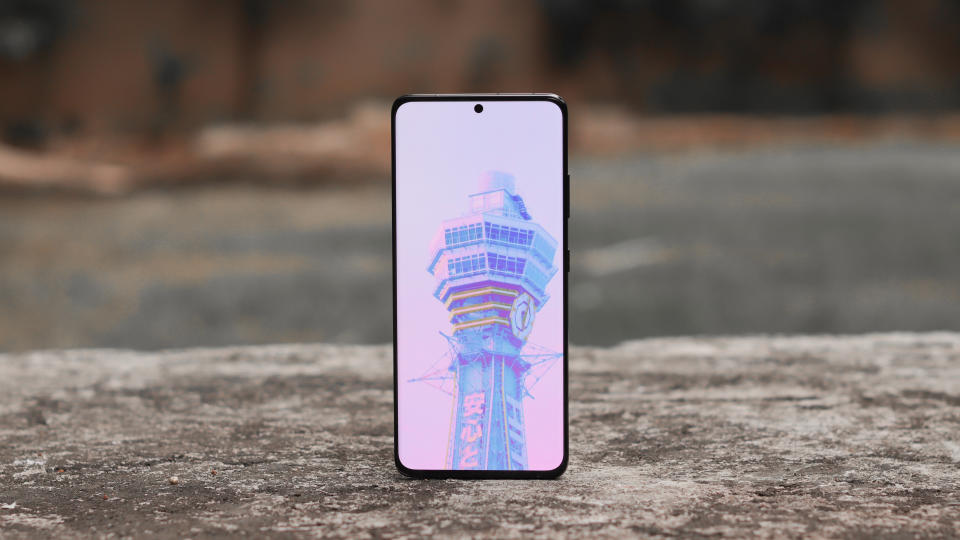
For Samsung, the Samsung Galaxy S24, Samsung Galaxy S24 Plus, Samsung Galaxy S24 Ultra, Galaxy S23 line, Galaxy S22 line, and Galaxy S21 line should all get Android 15. As should Samsung’s foldable phones from the Galaxy Z Fold 3 and Z Flip 3 onwards, including the yet-to-be-released Samsung Galaxy Z Fold 6 and Samsung Galaxy Z Flip 6.
Many Galaxy A models will also get Android 15, such as the Galaxy A24, A33, A34, A53 5G, A54 5G, and A73, among others.
Numerous phones from other brands should also get Android 15, with highlights including the OnePlus 12, OnePlus 11, OnePlus Open, Sony Xperia 1 V, Sony Xperia 5 V, Xiaomi 13, and Motorola Razr Plus 2023.
That’s by no means all the phones that we expect to get Android 15. As a general rule, if your phone is mid-range or above, and will be no more than two years old at the launch of Android 15, it will probably get the update. Many older and cheaper phones will too, though.
You can also expect to see Android 15 on many Android tablets, such as the Pixel Tablet and the Samsung Galaxy Tab S9 series.
Android 15: rumored features
While we don’t know for sure what Android 15 will offer yet, a number of possible features have leaked, either via rumors or betas. You’ll find the most interesting potential features below.
Battery health percentage
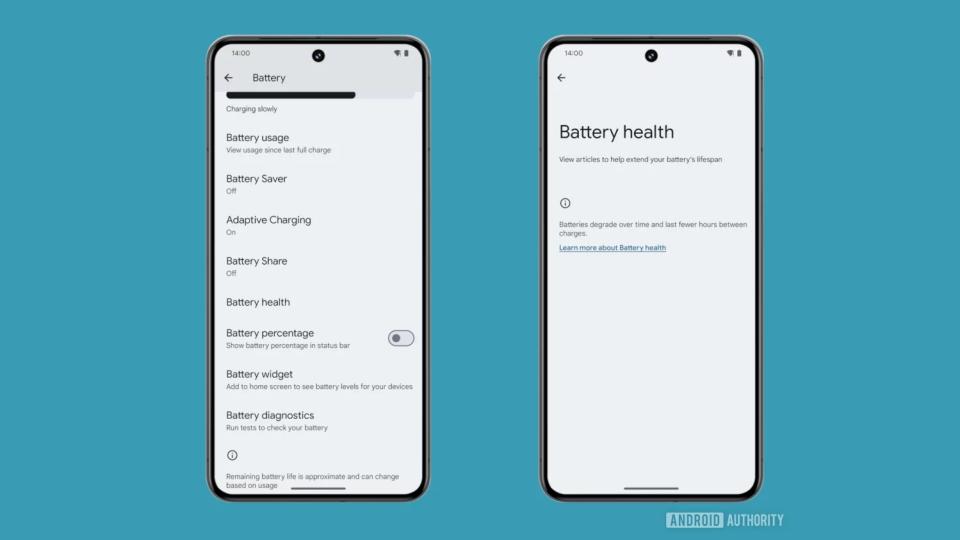
One small but extremely useful new feature we might see in Android 15 is a battery health percentage. This would allow you to see the estimated percentage of charge the battery can currently hold compared to when it was new, so you’d have a clear indication of how worn out your phone’s battery is.
That can be beneficial in particular when trying to diagnose whether increased battery drain is due to a worn-out battery of some misbehaving software.
It’s a feature you’ll already find in iOS, and an inactive version of it has been found hidden in an Android 14 update by Android Authority and Nail Sadykov (the editor of the Google News Telegram group). So, it’s definitely a feature Google is working on, and it's a likely candidate for Android 15.
An 80% charge limit

Also on the battery front, Android Authority has found the ability to set an 80% charge limit in an Android 15 beta. This can help maintain the health of your phone's battery, though the feature isn't yet active even in beta, which suggests it might not launch until the first Android 15 QPR (Quarterly Platform Release).
Lock screen widgets
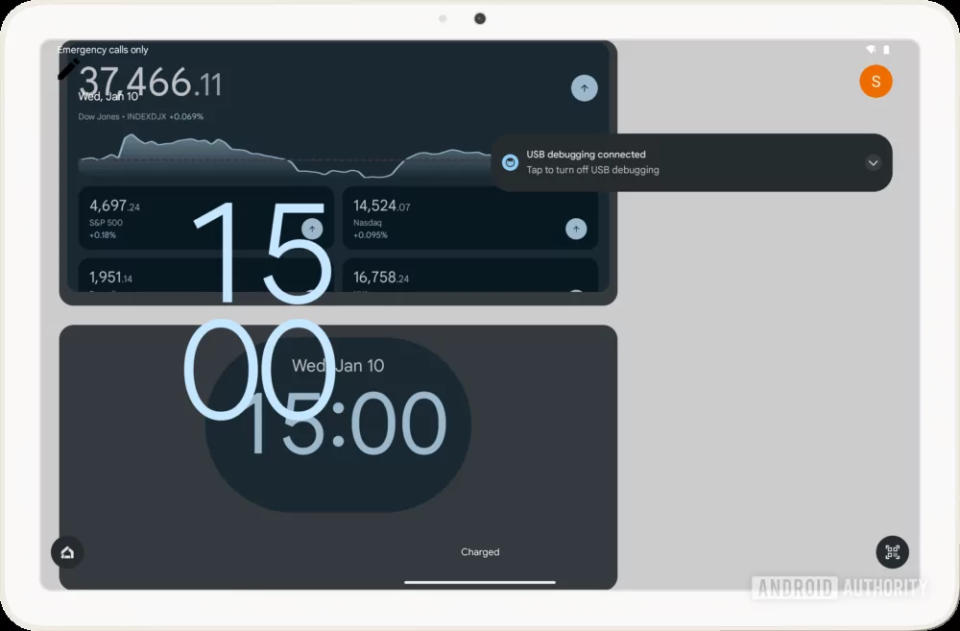
Android hasn’t natively supported lock screen widgets since Android 4.2, but they might be coming back with Android 15, as a hidden ‘Communal Space’ feature has been found in a recent Android beta. Spotted by Android Authority, this unfinished feature would let you add widgets to a Communal Space on the lock screen.
However, there are a couple of big caveats here. First, there’s currently only support for Google Calendar, Google Clock, and the Google app, though it’s likely more apps would be supported in time for launch.
Second, this appears to currently only be designed for devices with Hub mode, which right now means just the Pixel Tablet. So it could be quite limited.
Private Space
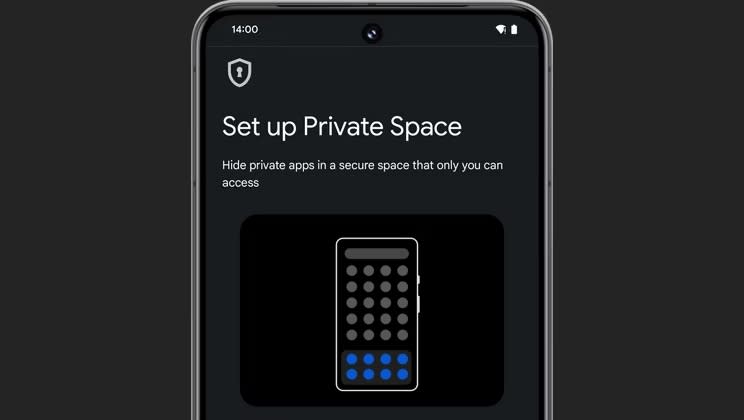
Android 15 could also include a native version of Samsung’s Secure Folder feature, giving non-Samsung phones the ability to hide sensitive apps in a separate, hidden area called Private Space.
Spotted in unfinished form in the first Android beta by Android Police, and then again (in a more developed form) in the second Android 15 beta, before launching in the third Android 15 beta, Private Space requires a PIN, pattern, password, or biometrics to access, and contains its own instance of the Google Play Store, which you can use to download apps you don’t want anyone else using your phone to know you have or be able to open.
These apps will appear only within the Private Space, making this a handy feature if you ever pass your phone to someone else.
Bluetooth Auracast
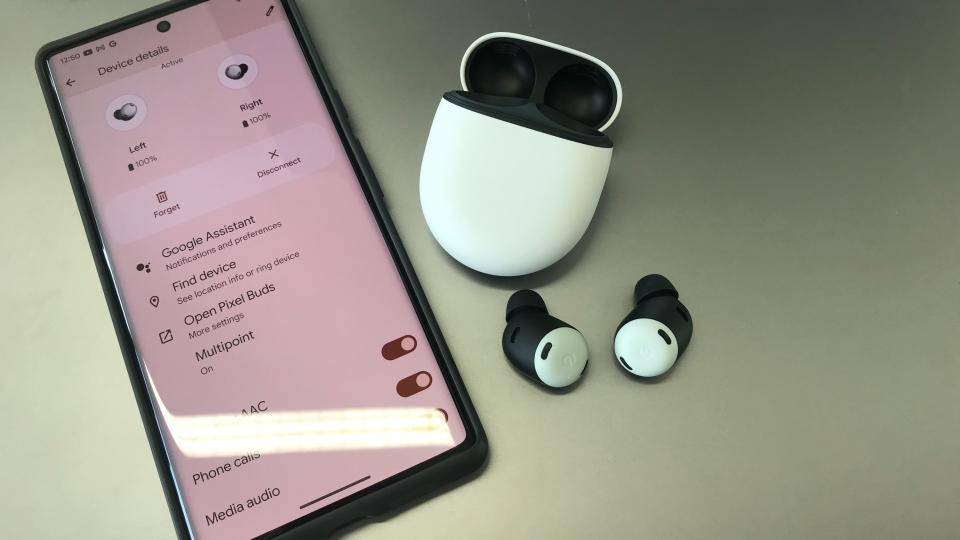
A recent Android 14 update has lots of code mentioning Bluetooth audio sharing hidden in it, which strongly suggests that Bluetooth Auracast support is in the works.
This is a feature that lets you share the audio you’re listening to on your phone – be it music, a podcast, or whatever else – with other people around you over Bluetooth. It allows multiple Bluetooth headphones or earphones to tune into the same audio stream, so you could for example listen to an album in sync with a friend.
The code that’s been spotted mentions the use of QR codes to let other people tune into what you’re listening to, so they wouldn’t have to go through the usual Bluetooth pairing process either.
Easy mode
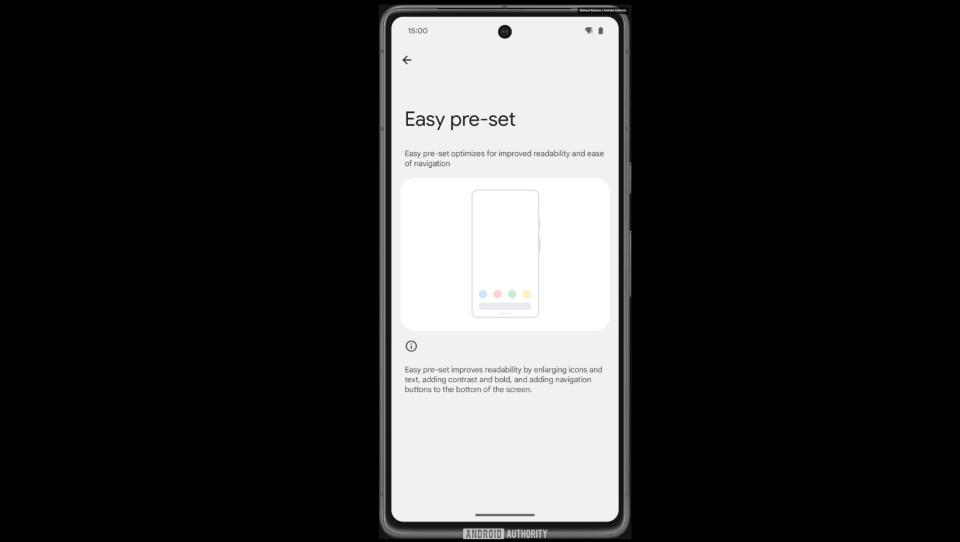
If you’re reading this then you probably don’t need Android to be any simpler, but some less tech savvy people in your life might, and Google is seemingly working on a feature to help with that.
A hidden settings page for a new feature called 'easy pre-set' has been spotted by Android Authority in a recent Android beta, and code strings explain that this feature would optimize the Android UI for “improved readability and ease of navigation,” by “enlarging icons and text, adding contrast and bold, and adding navigation buttons to the bottom of the screen.”
So, this would likely benefit not just those who are less comfortable with tech, but also people with impaired vision or dexterity. The feature doesn’t work yet, but it may well land as part of Android 15.
App archiving
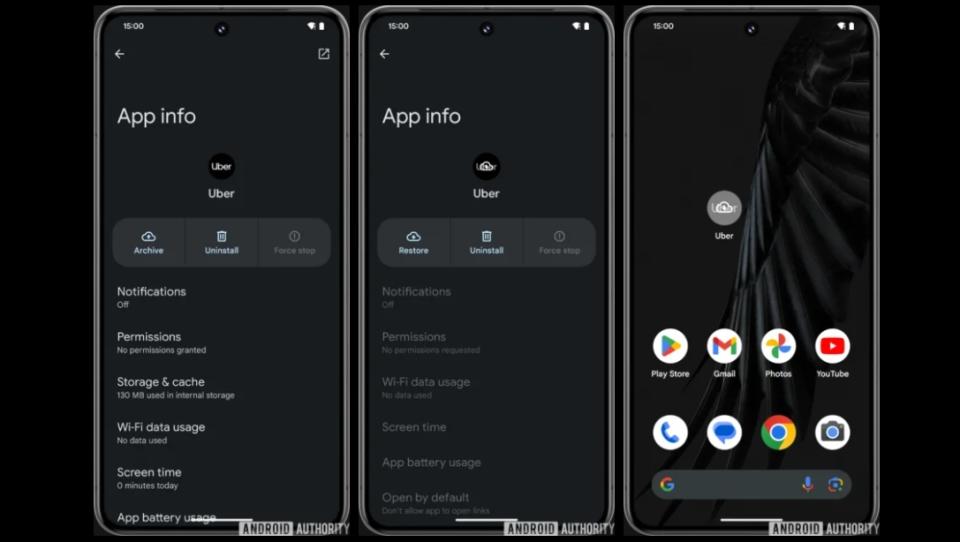
Android 14 already has an app archiving feature, in which the Google Play Store will automatically archive apps you don’t often use, in order to claw back storage space. But this version of it only works within the Play Store, and you can’t manually choose to archive an app.
With Android 15, you might be able to choose which apps to archive – a process which removes part of the app without fully uninstalling it, so you don’t lose the icon on your home screen, and nor do you have to fully set it up again next time you launch it, but you can still get some storage space back.
Various hints that manual app archiving is in the works have been found by Android Authority in Android code, so while there’s no guarantee this will come with Android 15, there’s a good chance.
Saved app pairs
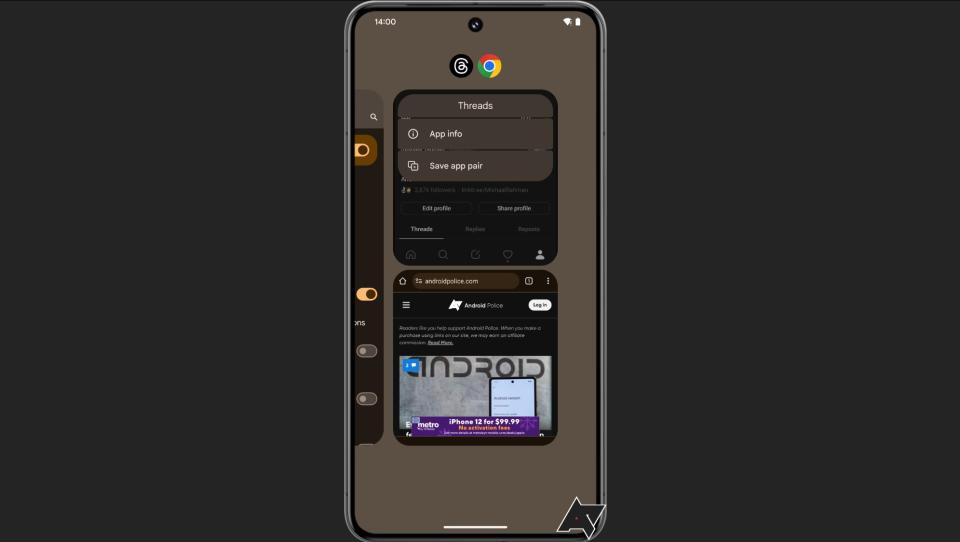
If you make much use of split-screen modes on your Android device, you probably have certain pairs of apps that you tend to use together, such as YouTube and Chrome. And with Android 15, you might be able to save these pairs, so you can automatically launch the two side-by-side.
Google is definitely working on this, as the feature was found hidden in a recent Android beta by Android Police, so the question really is just when it will launch. The site even managed to get this feature working, so it’s presumably almost ready for launch, which means it might land in a future version of Android 14 rather than Android 15. But we’d certainly expect to see it in Android 15 if not before.
A DeX-like desktop mode
We're not so sure we'll see this feature, but Android Authority reports that Google is working on a polished desktop mode that can be shown on an external display when you plug your phone in with a USB-C cable, and the site has also spotted that display output via USB-C has been activated on the Pixel 8 in a recent Android 14 beta.
This doesn't provide the rumored polished desktop experience, but it could be a step towards delivering that with Android 15.
The ability to find lost offline devices
While Android already lets you track phones and other devices when they're online, we might finally be able to track offline devices with Android 15, going by some code spotted by Android Police.
This would work by keeping Bluetooth beacon signaling active, even when the phone is switched off.
Satellite communications
Technically, Android already supports satellite communications, but as yet device makers haven't embraced the feature. However, there's evidence that Google is working to improve support for satellite communications in Android 15, which might mean the Pixel 9 will launch with it.
Screen recorder alerts
An Android 15 developer preview lets apps know when a screen recorder is active, so you could potentially get alerted when your screen is being recorded, to ensure no one is invading your privacy.
Better second screen support
One small feature found in an Android 15 developer preview is a new way for developers to display their apps on second screens, meaning the small cover screens on some foldable phones. That should help users get more out of these displays, as more apps might make use of them.
Consistent volume
Another tweak in an Android 15 developer preview improves volume control, to help users "avoid audio loudness inconsistencies" across apps. So, in other words, the volumes of your various apps should be more consistent and need less adjustment.
A new settings screen layout
The settings screen could be getting an overhaul in Android 15, with options grouped together in visually distinctive ways, though this overhaul isn't complete at the time of writing.
Better biometrics
With Android 15, the OS might be able to detect and delete fingerprint and face registrations that aren't working well, and then ask you to re-register them, to improve biometric performance.
Changes to Quick Settings
One change spotted in an Android 15 beta is a change to how you access Quick Settings, with this now requiring a two-finger swipe.
However, it's believed that if this launches at all, it won't do so until an Android 15.x update or perhaps even until Android 16, so don't expect this on day one of Android 15.
Bug fixes
Android 15 will of course also likely have plenty of bug fixes, and one fix we've already heard of addresses a scrolling stutter experienced by many Pixel users, and in particular users of the Pixel 8 Pro.
